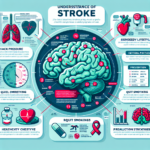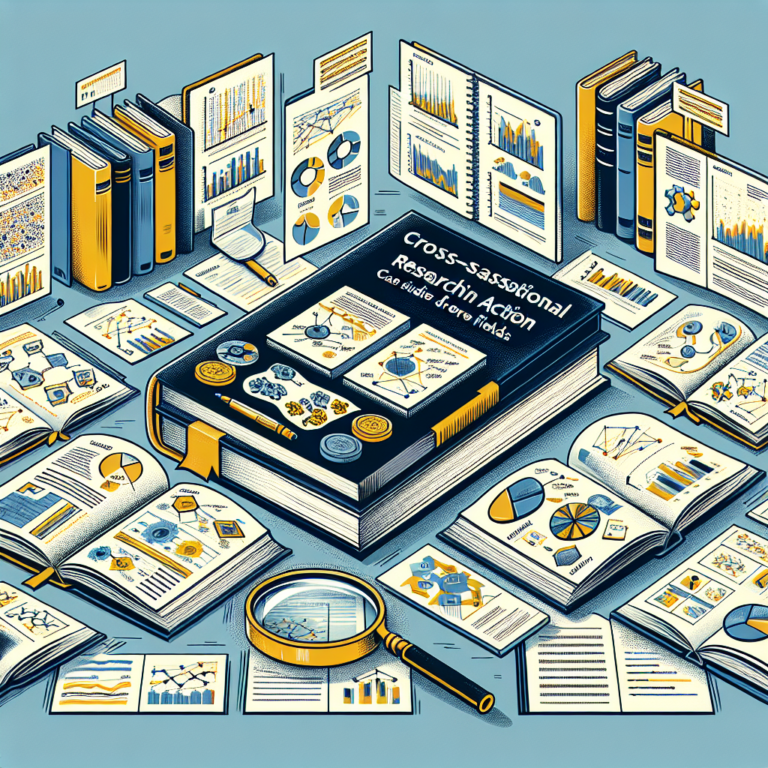
In a world that changes at a breakneck pace, the need for effective solutions to address pressing societal issues has never been more critical. The landscape of research is rapidly evolving, and as we stand at this crossroad, one method shines brightly as a beacon of hope: field experiments. In this article, we will explore "The Future of Research: Why Field Experiments Are Essential for Understanding Societal Issues." By engaging with real-world applications, insightful case studies, and innovative approaches, we’ll unveil the transformative power of field experiments in research and public policy.
The Power of Field Experiments
Field experiments differ from traditional laboratory experiments in that they occur in real-world settings rather than controlled environments. This distinction is crucial. In a laboratory, researchers have control over numerous variables, but this often leads to an artificial understanding of human behavior. In contrast, field experiments allow researchers to observe behaviors in natural settings, yielding insights that are often more applicable and impactful.
Why Field Experiments Matter
Real-World Context
One of the primary advantages of field experiments is that they occur within the intricacies of real life. This setting provides a contextual richness that laboratory studies struggle to replicate. For example, social interactions, environmental cues, and cultural nuances all play significant roles in human behavior and decision-making processes.Better External Validity
Researchers often grapple with the challenge of generalizing findings from laboratory settings to broader populations. Field experiments enhance external validity, allowing researchers to make more reliable predictions about how findings translate into larger societal issues.- Policy Implications
The results from field experiments can offer direct recommendations for public policy. With an evidence-based approach, policymakers can implement changes grounded in rigorous research, improving outcomes for communities and enhancing the effectiveness of interventions.
Case Study 1: A Real-World Experiment in Education
A compelling case study comes from the education sector, where a field experiment was conducted to evaluate the effectiveness of a tutoring program in low-income schools. Researchers implemented a randomized control trial (RCT) design, distributing tutors to some schools while others functioned as control groups.
Findings:
The study revealed that students receiving tutoring had significantly improved math scores compared to their counterparts. The experiment not only highlighted the importance of personalized attention but also provided crucial insights into educational inequities.
Analyzing the Education Case Study
This example illuminates how field experiments serve as a cornerstone in educational research. The findings prompted changes in policy, resulting in increased funding for tutoring programs across similar schools nationwide. It’s vital to understand that this wasn’t just a theoretical exercise; it prompted tangible societal change.
Expanding Horizons: Field Experiments Across Disciplines
While the education sector is a prominent example, field experiments have far-reaching implications across various disciplines, including public health, marketing, and urban planning.
Case Study 2: Field Experiments in Public Health
In public health, researchers conducted a field experiment to assess the impact of incentivized vaccination programs. They randomly assigned participants in several communities to receive monetary rewards for vaccination against a preventable disease.
Findings:
The study demonstrated a significant increase in vaccination rates in communities exposed to financial incentives compared to control groups. This result underscored the effectiveness of behavioral nudges in addressing public health challenges.
Analyzing the Public Health Case Study
The implications here are profound. By illustrating that economic incentives can influence health behaviors, this field experiment has led to a reevaluation of public health strategies. The study also serves as a foundation for further research into behavioral economics and public health interventions.
Challenges and Limitations of Field Experiments
While the merits of field experiments are numerous, they are not without challenges. Researchers must navigate ethical considerations, logistical complexities, and the potential for external factors to influence results.
Ethical Concerns
Conducting field experiments may involve ethical dilemmas, especially in vulnerable communities. Researchers have the responsibility to ensure that their work does not exploit participants.Logistical Challenges
Implementing field experiments can be resource-intensive, requiring extensive planning, coordination with stakeholders, and sometimes, navigating bureaucratic red tape.- External Influences
In real-world settings, numerous external factors can affect outcomes, complicating the interpretation of results. This variability necessitates robust data collection and careful analysis.
The Future of Research: Embracing Field Experiments
As we look to the future, embracing field experiments will be essential for advancing research and understanding societal issues. The paradigm shift from traditional methods to more integrated approaches provides opportunities for innovation and discovery.
Bridging Theory and Practice
Field experiments bridge the gap between theoretical frameworks and real-world applications. They serve as a testing ground for hypotheses prior to broad implementation, allowing researchers to refine ideas based on foundational evidence.
Collaboration Across Sectors
The future of research will see increased collaboration between academia, government, and non-profit organizations. By pooling resources and expertise, stakeholders can conduct larger-scale field experiments that yield even more comprehensive insights into societal issues.
Conclusion: A Call to Action
Field experiments represent the future of research—an essential tool for understanding and addressing complex societal issues. As we’ve explored, these experiments provide vital insights that can inform policy and lead to meaningful change.
In a world where data-driven decisions have become paramount, research that truly resonates with the realities of human behavior is indispensable. The call to action is clear: embrace field experiments, invest in innovative research methods, and prioritize evidence-based solutions for a better future.
FAQs
1. What is a field experiment?
A field experiment is a study conducted in real-world settings, focusing on the effects of specific interventions or variables on human behavior.
2. How do field experiments differ from laboratory experiments?
Field experiments occur in natural settings, offering better contextual insights, whereas laboratory experiments take place in controlled environments, limiting external validity.
3. What are some common applications of field experiments?
Field experiments are commonly utilized in education, public health, marketing, and social sciences to assess the effectiveness of interventions.
4. Are there ethical concerns associated with field experiments?
Yes, researchers must navigate ethical dilemmas, particularly when working with vulnerable populations. They must ensure that participants’ rights and well-being are prioritized.
5. How can policymakers benefit from field experiments?
Field experiments provide evidence-based insights that can shape public policy, leading to more efficient and effective interventions for societal issues.
In embracing the future of research through field experiments, we take a crucial step toward deeper understanding and impactful change, empowering ourselves and our communities to face the challenges ahead.














